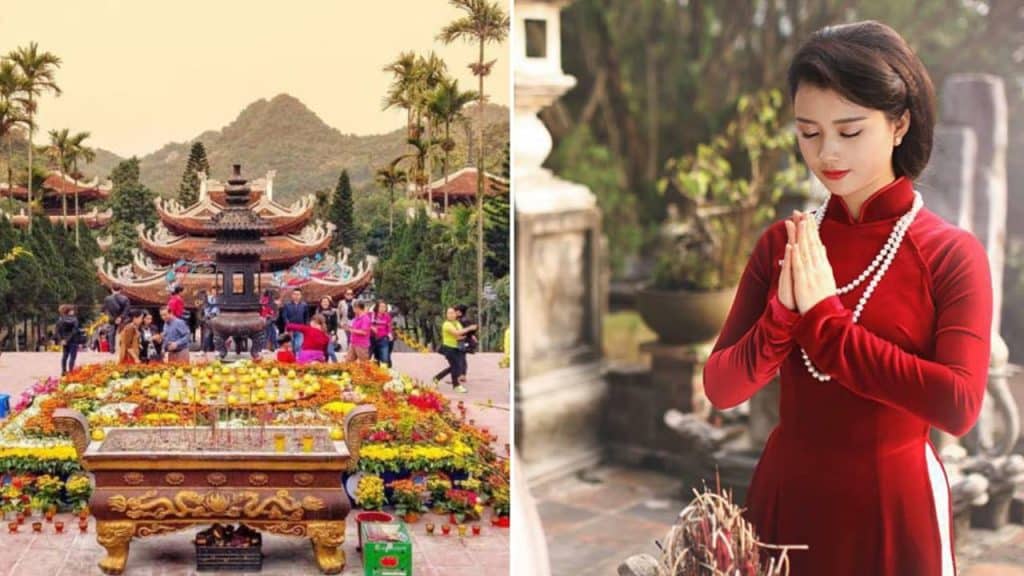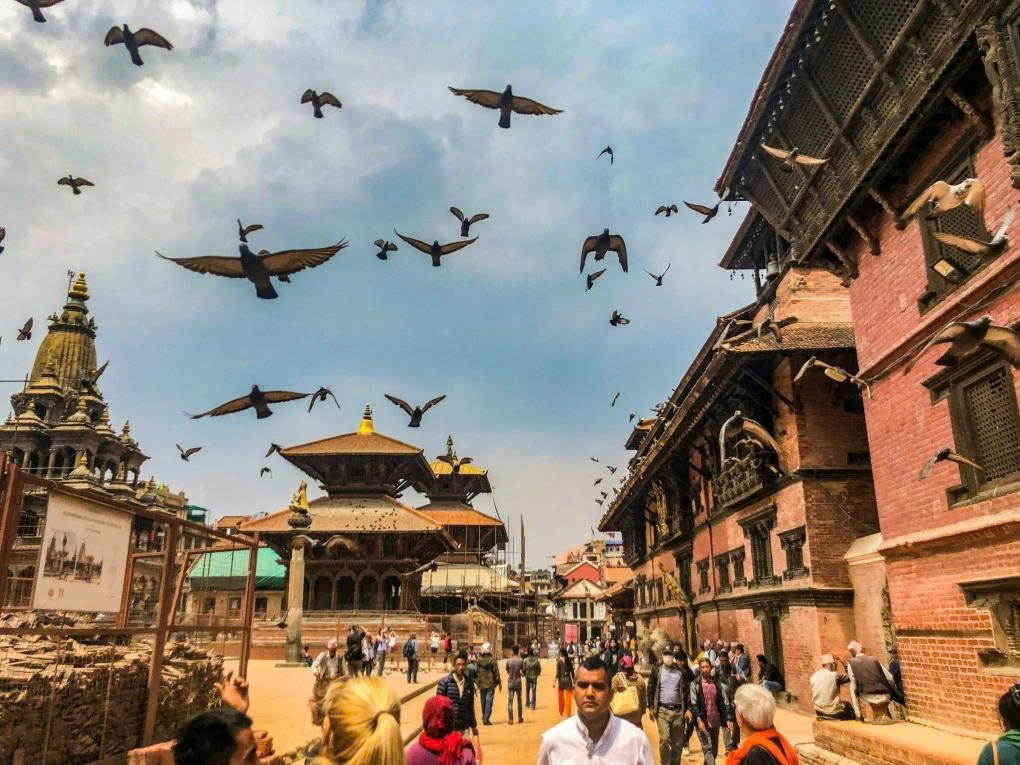The idyllic shores of Koh Phangan, a Thai island famous globally for its raucous Full Moon Parties and burgeoning wellness scene, became the backdrop for a recent police crackdown. A British tourist, identified as a self-styled yoga instructor, was arrested after local residents reported her for allegedly conducting unauthorized and sexually suggestive “tantra yoga” classes.
The arrest took place on November 4, when the Koh Phangan tourist police detained Maria Shchentinina, who also goes by the name Maria Sly Love. She was apprehended while teaching a session to a group of participants. Authorities were acting on numerous complaints from local residents who grew suspicious of the nature of the teachings being offered.
Upon raiding the premises, police confiscated several pieces of evidence that confirmed the commercial nature of her activities. These included teaching materials, registration and entrance tickets, professionally printed advertising flyers, and a prominent display board featuring her image and a QR code for easy online registration.
Maria was found to be organizing weekly tantra or “sex yoga” classes, primarily targeting the island’s large demographic of foreign tourists. The cost for a single session was set at 400 baht (approximately 12 USD), a seemingly modest fee that quickly accumulated into a lucrative, undeclared income stream. The classes were advertised extensively across social media platforms and through physical flyers distributed around the island.
The core of the local community’s concern was the overtly suggestive behavior reportedly demonstrated during the sessions, which were marketed as a blend of massage, guided meditation, and practices inspired by ancient Tantra.
To clarify the practice at the center of the controversy: Tantric sex is a centuries-old spiritual practice rooted in Hindu and Buddhist traditions, primarily originating in India. Fundamentally, it seeks to transcend purely physical connection by cultivating a deep spiritual and emotional bond between partners. The practice integrates elements like yoga poses, focused meditation, controlled breathing techniques, and chanting, encouraging practitioners to slow down and intensify present moment awareness. Rather than prioritizing conventional climax, tantra emphasizes prolonged intimacy, synchronized breathing, gentle touch, and sustained eye contact to achieve a profound state of emotional and sensory closeness.
However, some of the promotional material for Maria’s offerings raised red flags. Advertisements for her more advanced workshops, labeled “Tantra Yoga – Sacred Sexuality,” explicitly called for male-female couples to participate in practical exercises, strongly suggesting the inclusion of sensitive and potentially explicit content.
When confronted by the police, Maria, who was mid-lesson with dozens of students, reportedly became defensive and shouted, “My lawyer said it’s allowed!” This claim, however, was quickly dismissed by the arresting officers. A check of her visa and work permit status revealed a critical violation: she was only officially registered to work in Thailand as a customer relations manager for a local real estate firm. She possessed no official documentation or license permitting her to teach yoga or any form of spiritual workshop.
Consequently, she was charged with the serious offense of working without authorization—a common breach of visa conditions that carries significant penalties in Thailand. She was then transferred to the Koh Phangan police station for formal legal proceedings.
This incident highlights a recurring problem on the island. Only in March of the same year, a Polish YouTuber named Michal Grygoruk faced a similar fate and was arrested for illegally offering tantric courses that cost participants between 12 USD and 230 USD.
Koh Phangan continues to attract a massive influx of tourists and “digital nomads” drawn by its natural beauty and spiritual atmosphere. Yet, Thai authorities are increasingly cracking down on foreign nationals who live in the country on tourist visas, often violating labor laws by earning money through unlicensed and unregulated activities, such as meditation, healing, and tantra workshops.
(According to Daily Star, SCMP)

















